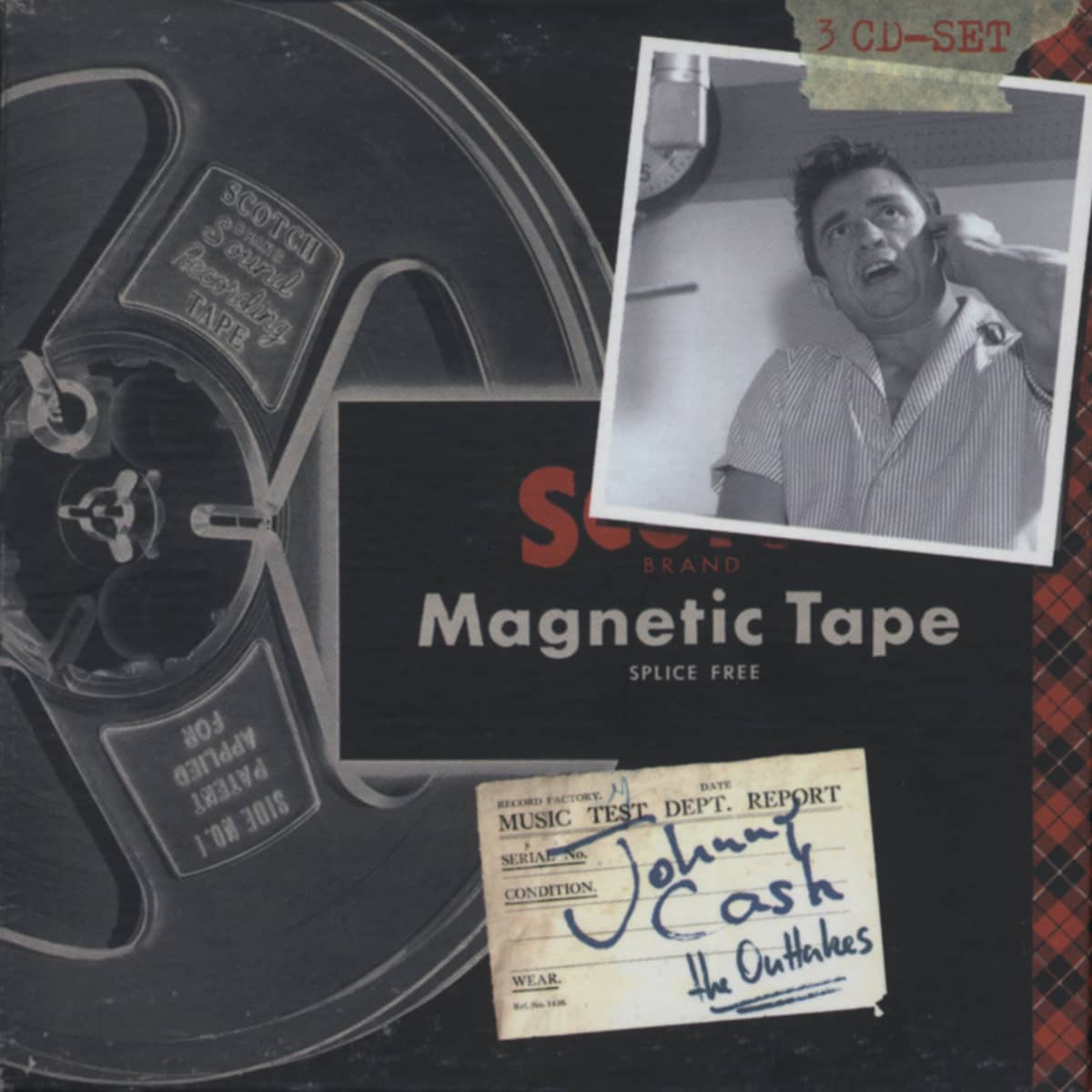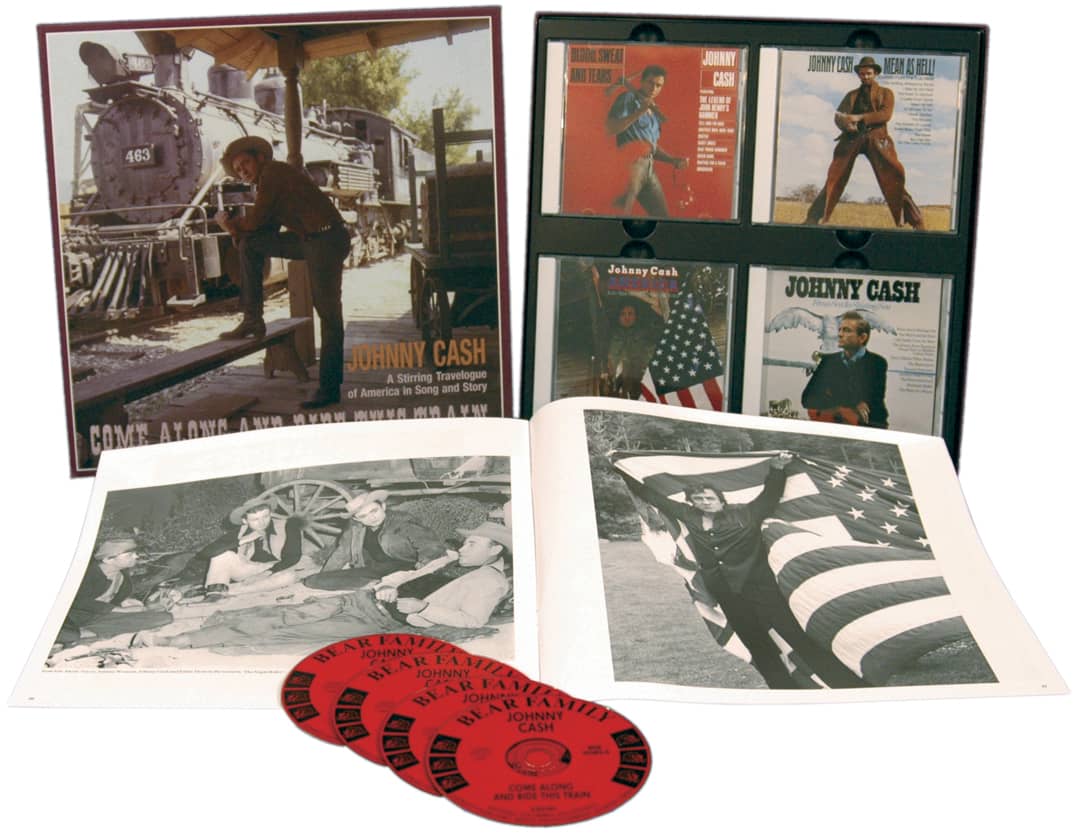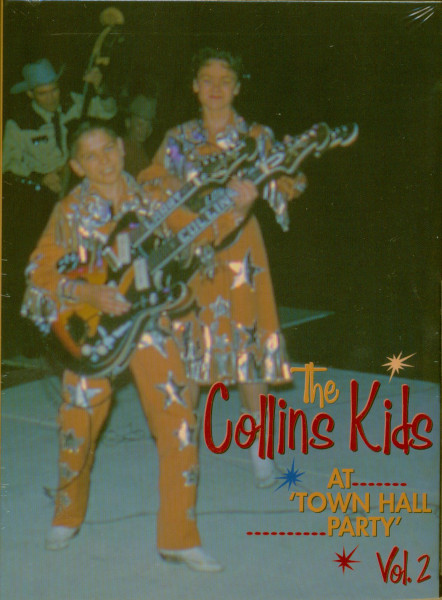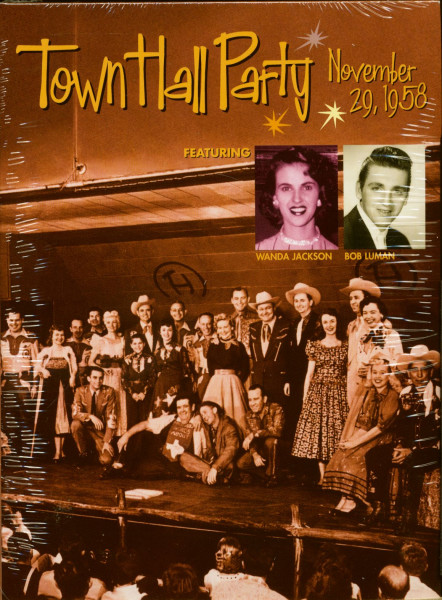Johnny Cash The Night Rider - TV Western (DVD)
* incl. VAT / plus shipping costsDepending on the country of delivery, the VAT at checkout may vary.
only 1x still available
Ready to ship today,
delivery time** appr. 1-3 workdays
- catalog number: AVD30002
- weight in Kg 0.3

Ready to ship today, delivery time** appr. 1-3 workdays
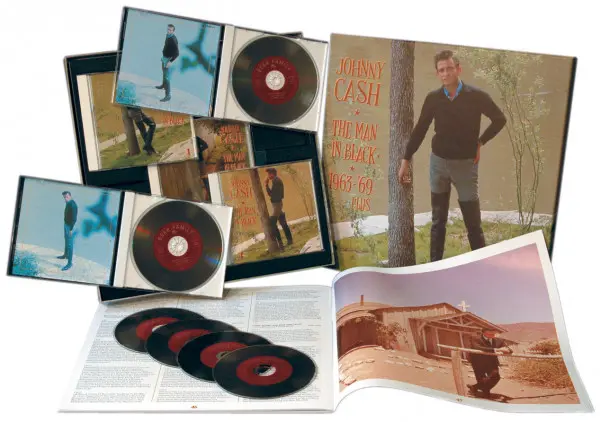
only 1x still available
Ready to ship today, delivery time** appr. 1-3 workdays

Ready to ship today, delivery time** appr. 1-3 workdays

Ready to ship today, delivery time** appr. 1-3 workdays

Ready to ship today, delivery time** appr. 1-3 workdays











